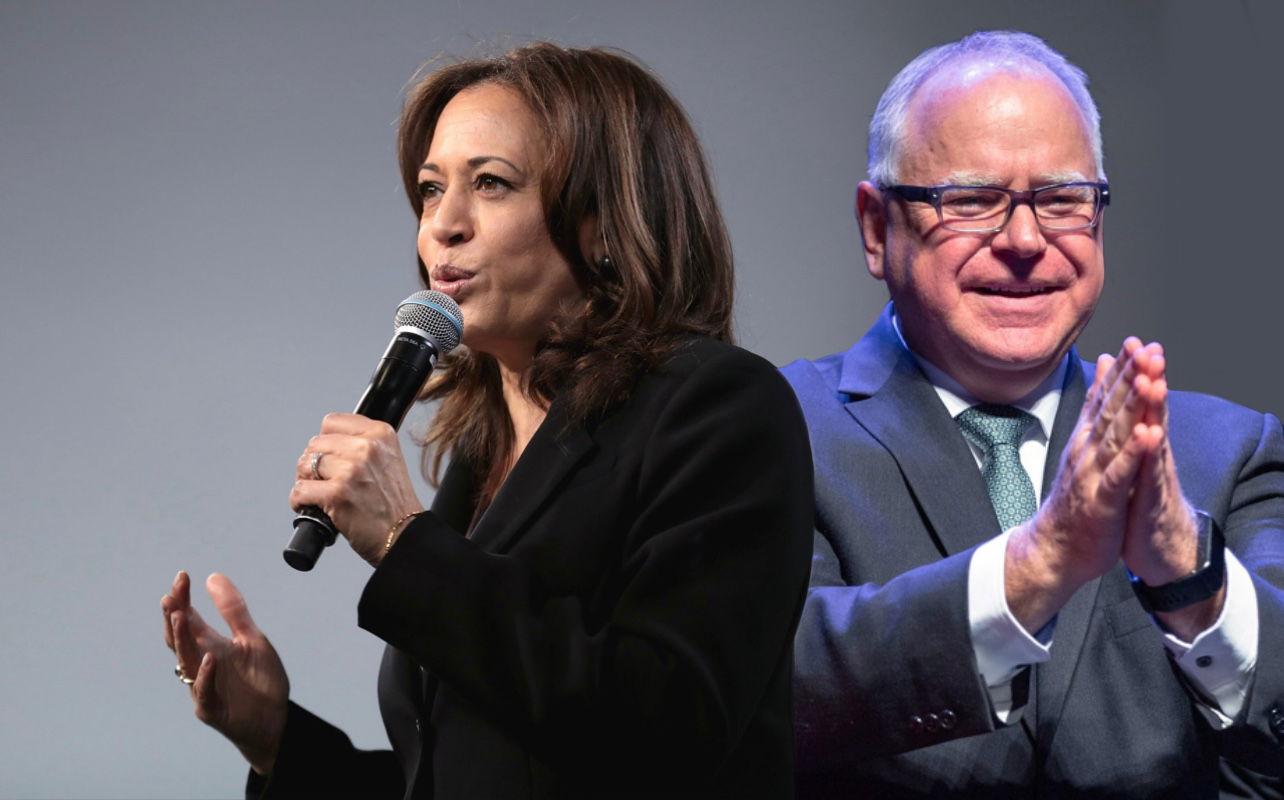
August 9, 2024
Here’s Why Banks Are Blocking Employees From Donating To The Harris-Walz Campaign
Well that doesn't seem fair....
Democratic-leaning banks are blocking employees from donating to Vice President Kamala Harris and Tim Walz’s campaign to avoid complications with the Securities and Exchange Commission (SEC), Business Insider reports.
If financial service employees donate, they risk violating the agency’s “pay-to-play” rule, which keeps firms from attempting to sway politicians for favors like managing their state’s pension fund — since Walz is a state official. The rules have changed since the 2020 election when Wall Street donors submitted more than $74 million to President Joe Biden’s presidential campaign.
To guarantee their employees don’t slip up, Citigroup advised US employees on Aug. 6 to seek pre-donation approval if they’d like to support the Harris-Walz campaign. Similar restrictions also apply to employees who work for all but one of the bank’s five business units, including investment banking and wealth management. The US consumer banking division is exempt.
Bank employees that support the Trump-Vance campaign don’t have to worry about getting approval unless they are labeled as a “Municipal Finance Professional,” “Covered Associate,” or members of a “public-sector facing business.” Those same employees, however, will have to get permission to donate to the vice president and her running mate.
A professor of political science at the University of New Haven, Patricia Crouse, thinks the policy is sneaky and only caters to one campaign. “To sort of single out one campaign over the other, whatever the reason is — and there’s regulation in place there — it looks very political,” she said.
“You want to be able to support your candidates. And if you can’t do that, I think it makes you feel left out.”
While the regulations seem strict, even the smallest donations can result in hefty penalties. In 2017, a private banking company, Pershing Square, was forced to pay a $75,000 fine four years after a former analyst donated $500 to a Massachusetts gubernatorial governor. At the time, the state’s pension plan was an investor in the company, and since Pershing wasn’t made aware of the donation, the former employee was able to get his money back, according to a spokesperson.
The SEC’s “pay-to-play” rule was adopted in 2010 and applies to big banks such as JPMorgan, Wells Fargo, and Bank of America. Citi embedded its policy in 2016 when former President Donald Trump selected then-Indiana governor Mike Pence as his running mate.
According to Time, the progressive Democratic vice presidential nominee seems to be a man for the people over standing tall with big businesses like financial institutions. During his first term serving the people of Minnesota, Walz gave tax cuts and raised taxes for some corporations and high earners. The father of two also gave “Walz checks,” which were rebates, to low- and middle-income families, worth up to $1,300 in several cases, and advocated for a statewide child tax credit of up to $1,750 per child.
There are ways to bypass the “pay to play” rule. Those who are eager to donate can give to a political action committee (PAC) or Super PAC with no ties to a particular candidate.